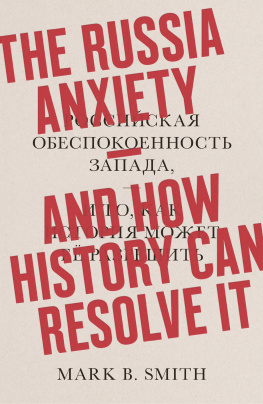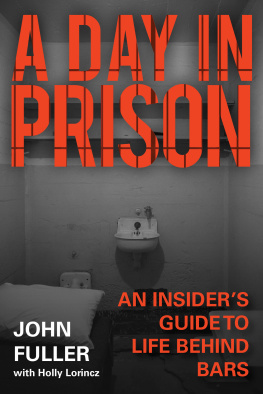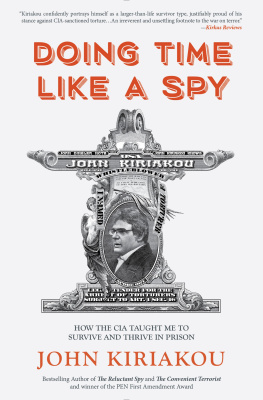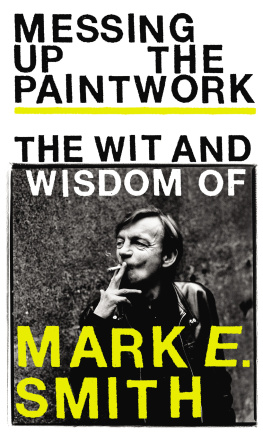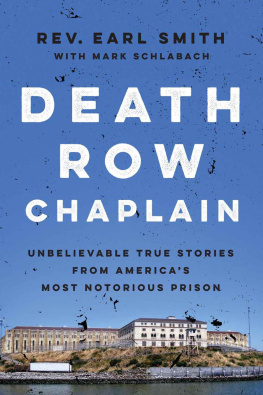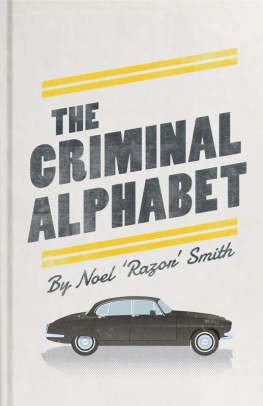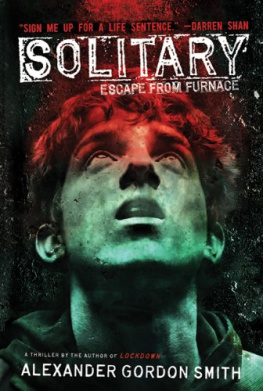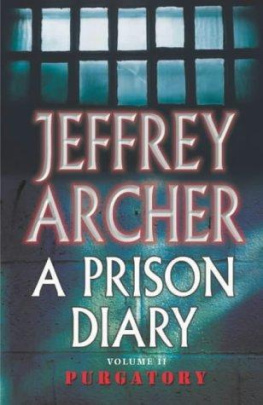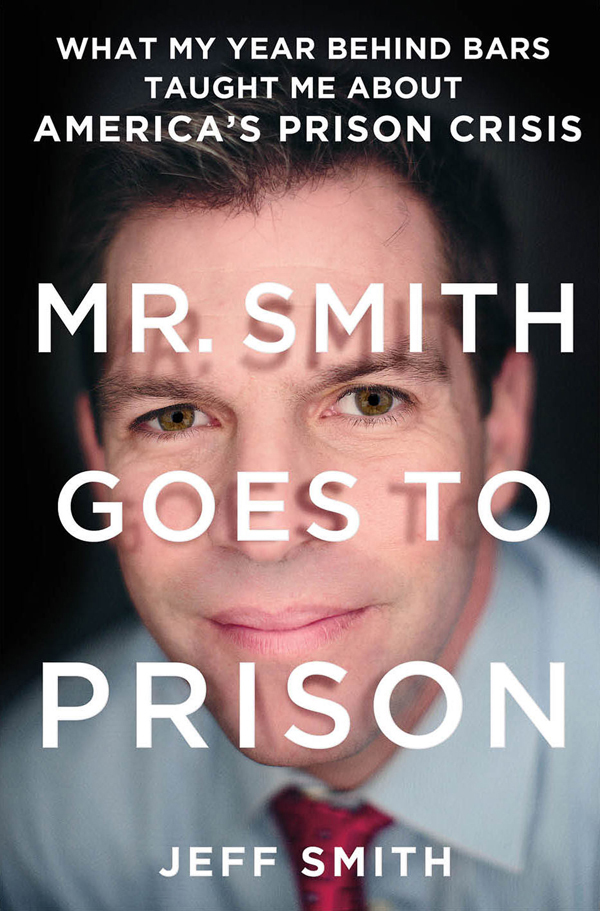Contents
Guide
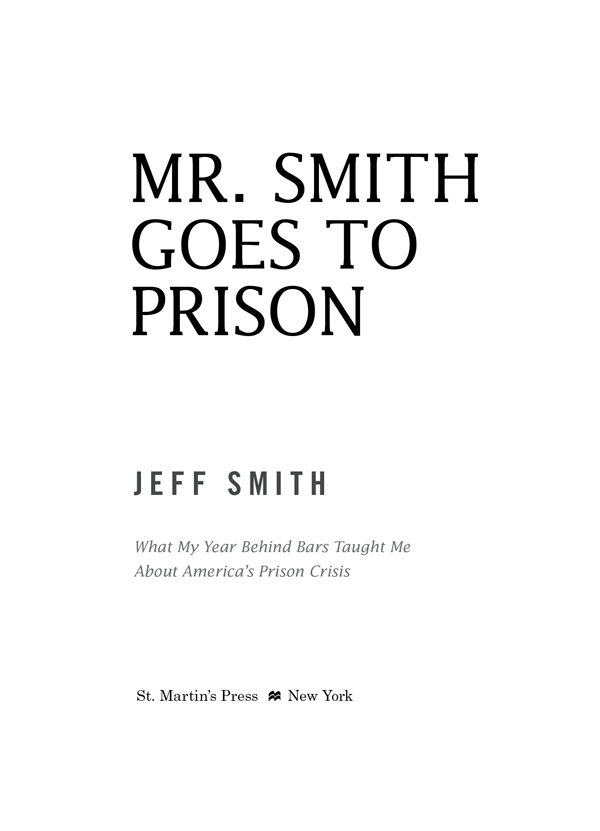
The author and publisher have provided this e-book to you for your personal use only. You may not make this e-book publicly available in any way. Copyright infringement is against the law. If you believe the copy of this e-book you are reading infringes on the authors copyright, please notify the publisher at: us.macmillanusa.com/piracy.
To my parents, for warning me to avoid politics.
To Teresa, for riding with me.
To the warehouse crew, for looking out.
And to everyone who wrote or came to visit.
Most of this book was originally written in shorthand on napkins, toilet paper, or in a pocket-sized spiral notebook and then transferred to larger pieces of paper and hidden in another prisoners cell in a different unit before being mailed to a friend for safekeeping. Conversations were recorded contemporaneously and reported as close to verbatim as possible. Some language used may be offensive, most notably the use of racial epithets (especially n) by both black and white prisoners. This was a difficult decision to make, and I apologize for any resulting discomfort to readers. However, in order to maintain the authenticity and intent of the speaker, I have chosen to keep particular words and phrases in the text.
My former senate aide Kailey Burger and former New School student Justine Gonzalez assisted with transcription, logistics, and research. Any errors are mine and mine alone.
The first correctional officer had two visible teeth. I came in with a young black guy who mumbled and a Chinese man who spoke broken English, but at least I could decipher their words. The CO was harder to understand. Manchester, Kentucky, is tucked in an Appalachian mountain hollow, and he had apparently never left. When he sauntered into the austere holding room and asked the Chinese man his name, the man replied, Shoi-ming Chung.
Sesame Chicken? replied the CO, laughing uproariously and then repeating it twice as if it were the funniest thing hed ever heard.
He sent me to a heavyset nurse for a battery of questions.
Height and weight? she asked.
Five feet, six inches, a hundred twenty pounds.
She examined my slight frame and frowned. Education level?
Ph.D.
She shot me a skeptical look. Last profession?
State senator.
She rolled her eyes. Well, Ill put it down if ya want. If ya wanna play games, play games. Youll fit right in. We got ones who think theyre Jesus Christ, too.
Another guard escorted me to a bathroom without a door. He was morbidly obese and spoke gruffly in a thick Kentucky drawl. Stree-ip, he commanded. I did. Tern round, he barked. I did.
Open up yer prison wallet, he ordered.
I looked at him quizzically.
Tern round and open up yer butt cheeks.
I did.
He manhandled me roughly. All right, youse good to go.
The last stop was in the office of the counselor, a wiry, compact, sandy-haired man named Mr. Sims with a light blue polo-style shirt and a wispy mustache. He flipped through the presentencing report, pausing briefly to absorb the case summary, and shook his head. This is crazy, he said quietly, without looking at me. You shouldnt be here. Complete waste of time. Money. Space.
A complete waste! Exactly!
Finally, someone agreed. But now it was too late.
* * *
Six months earlier, with a nervous spring in my step, Id bounded onto the elevator up to my lawyers office. Like most politicians, I had a uniform. Blue shirt, sleeves rolled-up, yellow print tie, slim-fitting khakis: the picture of a young, energetic state senator with a bright future. Five years earlier, Id challenged the scion of Missouris leading political dynasty; I came within 1,700 votes of toppling him and reaching Congress at age twenty-nine. An award-winning film chronicling my efforts titled Can Mr. Smith Get to Washington Anymore? earned a cult-like following among young politicos around the country. And now, the vaguely familiar man in the elevator up to my lawyers office smiled when he referenced the film. Gonna run for Congress again, Mr. Smith? Or city hall?
My heart pounded and I told the man in the elevator, Right now, sir, Im happy in the state senate. I knew I wouldnt be going to Capitol Hill or city hall any time soon.
When I left an hour laterhaving learned that (a) my political career was over, (b) my best friend had been taping our conversations for months, and (c) the contents of these tapes would be splashed across the front page of the newspaperI realized I was going to prison.
Six months later, I was adrift in a sea of sharksan academic-cum-politician-cum-felon forced to learn prison patois and the politics of survival. Instead of the quiet, uneventful post teaching GED courses Id expected, I was assigned to unload food trucks at the warehouse. In prison I would be the student, not the teacher.
Mr. Smith Goes to Prison is the story of what I learned thereabout my fellow prisoners, the guards and administrators, and the system in which we operated. My story is a cautionary tale of friendship and betrayal. It is a story of how politics prepared me for prisonand how prison prepared me for life. But more broadly, it is a scathing indictment of a system that teaches prisoners to be better criminals instead of better citizens. And finally, it is a prescription for how we can address our nations prison crisis and harness the untapped potential of 7 million people now enmeshed in the criminal justice system, 2.3 million of whom are behind bars. I meld my own experience with research and interviews with scholars, policymakers, ex-offenders, and innovators who are rethinking prison to produce a blueprint to address our nations mass incarceration problem through new programs that can transform the lives of offenders, make prisons safer, infuse our economy with entrepreneurial energy, and save taxpayers billions by slashing sky-high recidivism rates.
My research approach might be called involuntary participant observation. The product suffers from all the flaws inherent in ethnographic work; the main flaw, of course, was my total lack of objectivity. In prison, despite simmering racial tension and petty disputes, there are really only two teams: the prisoners versus the prison. I never had any doubt about which team I was on.
Books such as Dwayne Bettss A Question of Freedom , Marie Gottschalks Caught, and Michelle Alexanders The New Jim Crow ; documentary films like Eugene Jareckis The House I Live In ; a recent PBS Frontline series on mass incarcerationall have used divergent approaches to illuminate the same problem: the U.S. prison population has grown eightfold since Ronald Reagans inauguration at the beginning of 1981; one in three black men has been locked up, helping give America the largest (and most expensive) prison population of any nation in history.
While I offer my own perspective on the problem of mass incarceration, I also focus on solutions. First, how do we improve the odds for millions of prisoners to successfully reenter society? Secondgiven the pervasive waste and debilitation, as opposed to rehabilitation, of people in prisonhow do we change the mentality of a system that dehumanizes those within it? As an activist, a scholar, a former policymaker, andregrettablya felon, I have a unique perspective: when most other researchers, authors, and filmmakers have concluded their interviews and shot their B-roll, the prison gates clanged shut behind them, and they were able to go home.







